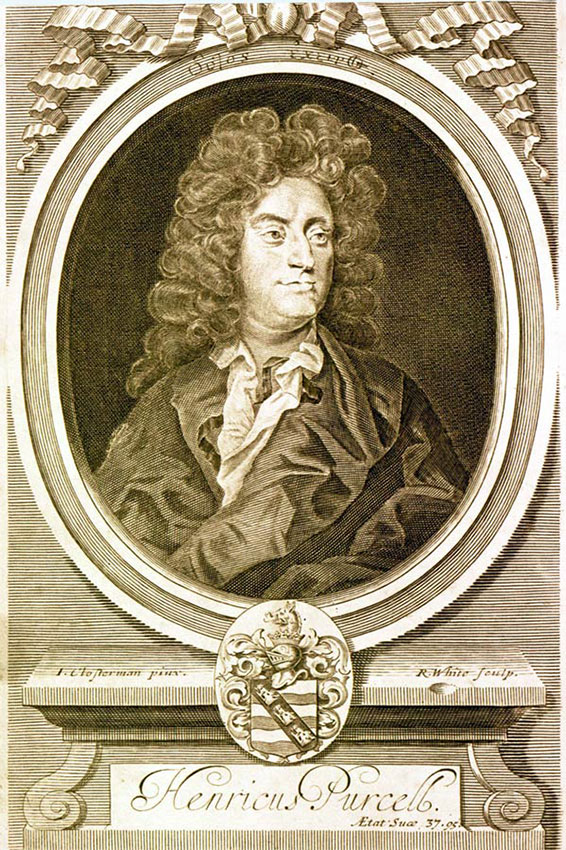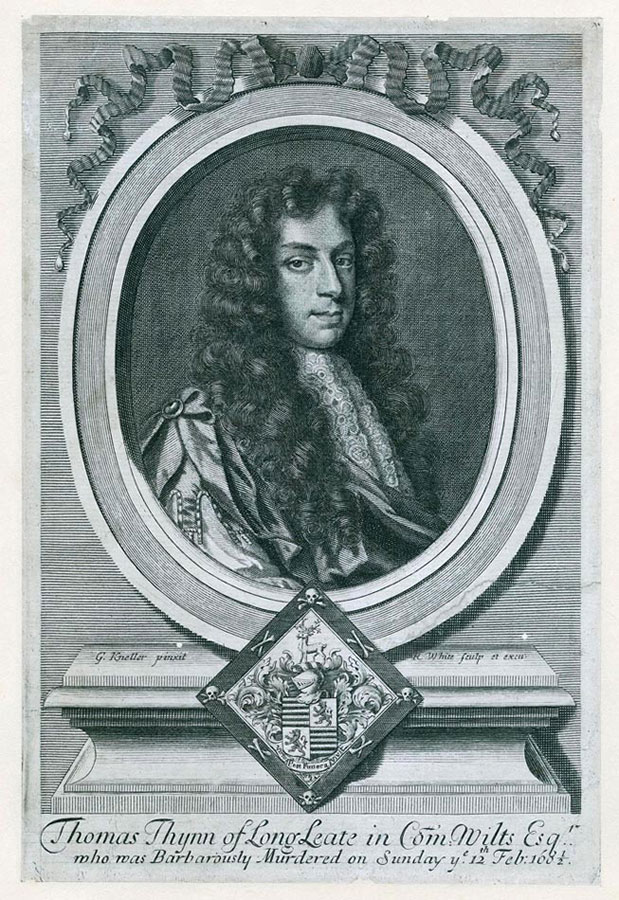William Strode
There are two people called William Strode commemorated in the Abbey.
William Strode (died 1645)
William Strode (or Stroud), politician, was a son of Sir William Strode (died 1637) and his first wife Mary (Southcote). He was baptised on 6th November 1594 at Bovey Tracy in Devon. His brother was Sir Richard Strode and his nephew was the poet William Strode. In the parliaments of James I and Charles I William represented Bere Alston in Devon. In 1629 he was arrested after a disorderly scene in Parliament in support of Sir John Eliot's controversial resolution and was kept imprisoned in the Tower of London and elsewhere until 1640. He was an MP in the Long Parliament and was present at the battle of Edgehill during the English Civil War. His nickname was the 'Parliamentary Driver'. He died of fever on 9th September 1645 and a public funeral was ordered for him in Westminster Abbey. His grave was near that of fellow politician John Pym in the north ambulatory. After Cromwell's death and the restoration of Charles II to the throne it was ordered by Royal Warrant of 9th September 1661 that his body, together with other followers of Cromwell, be dug up and thrown in a pit outside the Abbey. A modern stone just outside St John the Baptist's chapel records his burial:
Under the gravestone adjoining were buried John Pym M.P. 1643, William Strode M.P. 1645, Colonel Edward Popham 1651. [All these] were removed by Royal Warrant 1661
On the wall of the tower of St Margaret's church Westminster are inscribed all the names of those who were disinterred and buried in a pit in the churchyard.
William Strode (died 1776)
In the south choir aisle of the Abbey is a white marble tablet, signed by the sculptor Richard Hayward, to Lt. General William Strode. This is framed in green marble with a relief of a mourning woman and military trophies. The inscription reads:
Near this place lye the remains of William Strode Esq. Lieutenant General of His Majestys forces and Colonel of the LXII Regiment of Foot. He departed this life Jan. XIIII, MDCCLXXVI, in the LXXVIII year of his age. Who constantly attended his duty, both at home and abroad, during a course of upwards of LX years service. He was a strenuous assertor of both civil and religious liberty, as established at the Glorious Revolution by King William the Third. Military reader, go thou, and do likewise
He was buried in the centre of the nave. In his will he bequeathed money to charities and gave his house and jewels to Mrs Sarah Land.
Further reading

This image can be purchased from Westminster Abbey Library
Image © 2024 Dean and Chapter of Westminster

This image can be purchased from Westminster Abbey Library
Image © 2024 Dean and Chapter of Westminster










